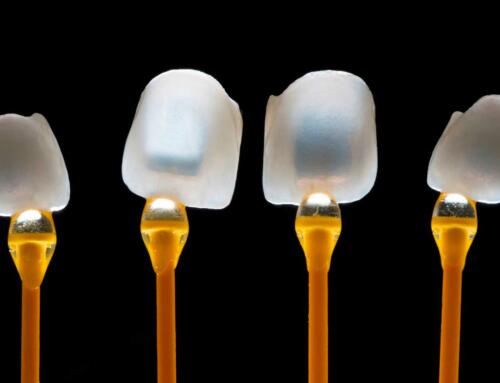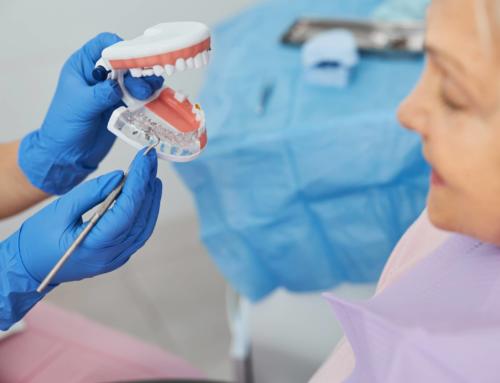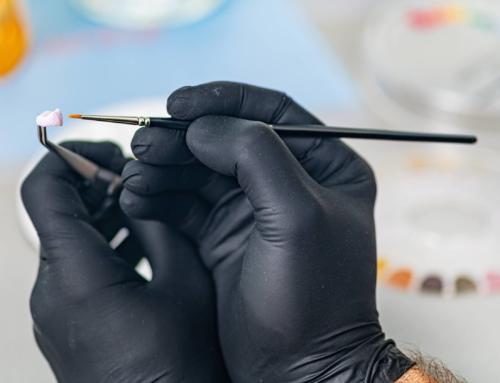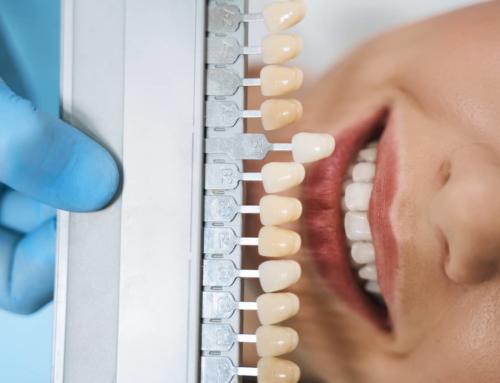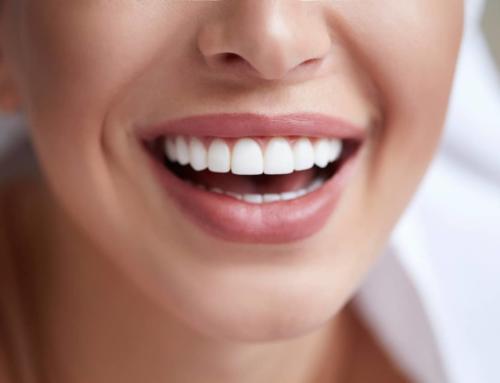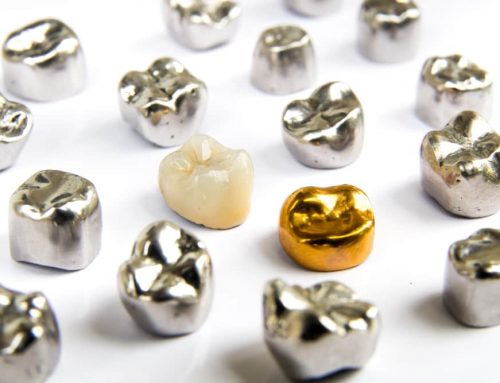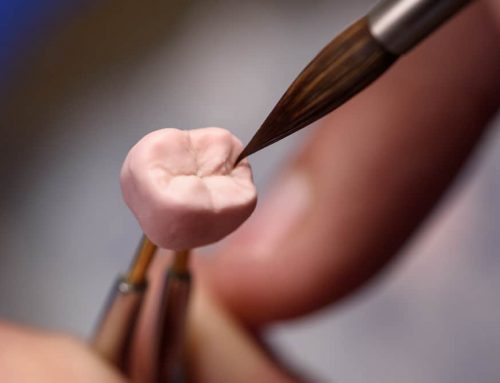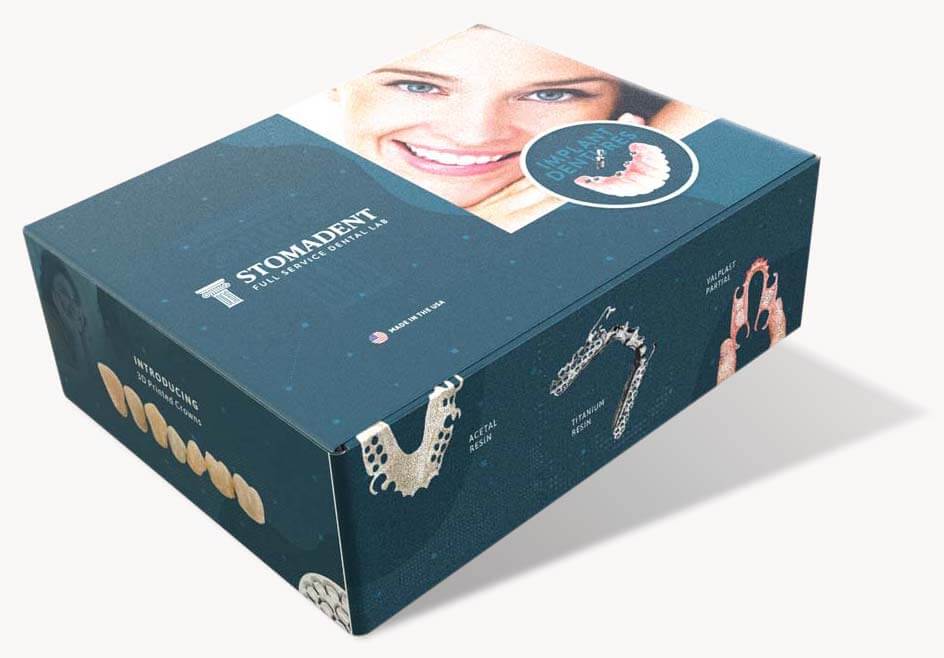
By David Hudnall, DMD
Whether to treat dental implants like their natural tooth counterparts and restore them with cement retained restorations or treat them as a different entity and restore them with screw-retained crowns requires careful consideration. We all have our ideas of what works best clinically in our own hands and what is the best solution for our patients.
There are obvious, and perhaps not so obvious, reasons for choosing either a screw-retained vs cement retained restoration. I have reviewed current options and distilled it down to a number of factors that you may or may not have considered. If nothing else, this review may serve to validate why you are using the method you are currently working with. It may also encourage you to explore other options that may make your life easier over the life of your practice.
Let’s take a look at screw retained vs cement retained restoration options for implants:
Cement-Retained Implant Crowns
Benefits of cement-retained implant crown restorations:
- Esthetics. Elimination of unaesthetic screw access holes in the occlusal table that must be patched with composites or acrylics – the shade never seems to match the crown perfectly.
- Insertion. Easier insertion with compensation for implants that lack a similar path of draw with the neighboring teeth or implants; sometimes the implant has a very unique path of draw that would be difficult to restore with a screw-retained crown.
- Passive fit of the restoration.
- Lower laboratory costs. The fee is comparable to that of a crown for a natural tooth.
- Fewer and shorter appointments required to restore implants with cement-retained crowns.
- Fewer component changes to take an impression, temporize, or deliver the final restoration.
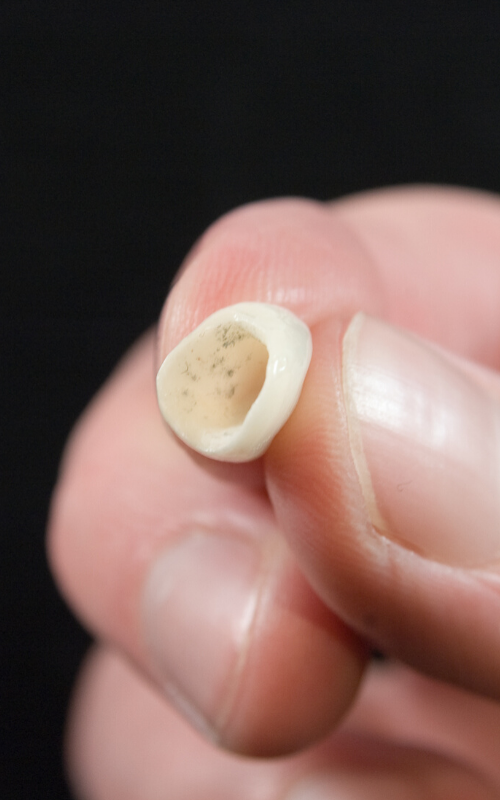
Considerations and potential cons of cement-retained implant crowns:
- Risk of tissue damage. Unremoved residual cement will cause chronically inflamed tissue, peri-implantitis, and implant failure.
- Specific measurements. As with crown abutments for natural teeth, implant crown abutments must have an adequate height (at least 5mm), the correct degree of taper, and surface area if the crown is going to be retained by cement.
- Removal. The crown is difficult to remove should it become necessary to do so in the future.
- Not for bridges and cantilevers. Cementation is not the preferred method when restoring bridges and cantilevers.
Screw-retained implant crowns
Benefits of screw-retained implant crown restorations:
- Retrievability. Easier hygiene, maintenance, and crown replacement.
- Better retention in areas where an abutment would not have sufficient height and surface area to retain a cemented crown.
- No messy dental cement to deal with or clean up.
- Hygiene. Screw-retained temporary crowns are more hygienic; preserves healthy gingiva during the transitional phase while waiting for the final crown to be fabricated.
- Esthetics. It is now possible to somewhat overcome the unaesthetic placement of the screw channel by utilizing angulated screw channel solutions like those offered by Noble BioCare; allows the screw access hole to be located in a more desirable and aesthetic position.
- Best for bridges and cantilevers. When bridges or long-span applications are involved, screw-retained restorations are superior and much more long-lasting than cement
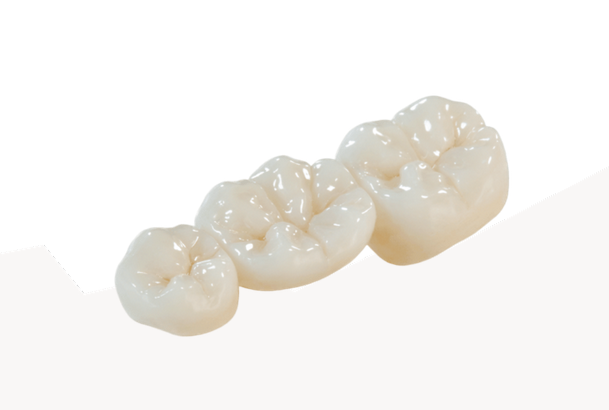
Considerations and potential cons of screw-retained implant crowns:
- Limited access for implant drivers to tighten screw-retained crowns, especially in the posterior.
- Screws will generally loosen over time causing more involved maintenance appointments.
- The screws are generally the weakest link of the entire restoration.
As you can see, there are no one-size-fits-all solutions for choosing screw-retained vs. cement-retained restorations or vice versa. The choice comes down to the specific application that is presented by your patient’s unique situation and the cost of the restoration technique versus the benefits.
In all cases, Zirconia crown and bridge restorations are the recommended choice for implants due to its strength, its ability to hide or mask underlying metal, and its ability to blend and mirror the appearance of natural teeth.
Stomadent Full Service Dental Laboratory is an exclusive provider of Noble BioCare implant products. We also are experts with Zirconia crowns, bridges, and full arch restorative solutions. We have the ability to combine Noble BioCare with Zirconia via CAD-CAM technology to achieve a synergistic appearance and a precise fit. Help with your case is only a call or email away. We want to partner with you and be a part of your team! Get your starter kit from us today to see how great our work is.

